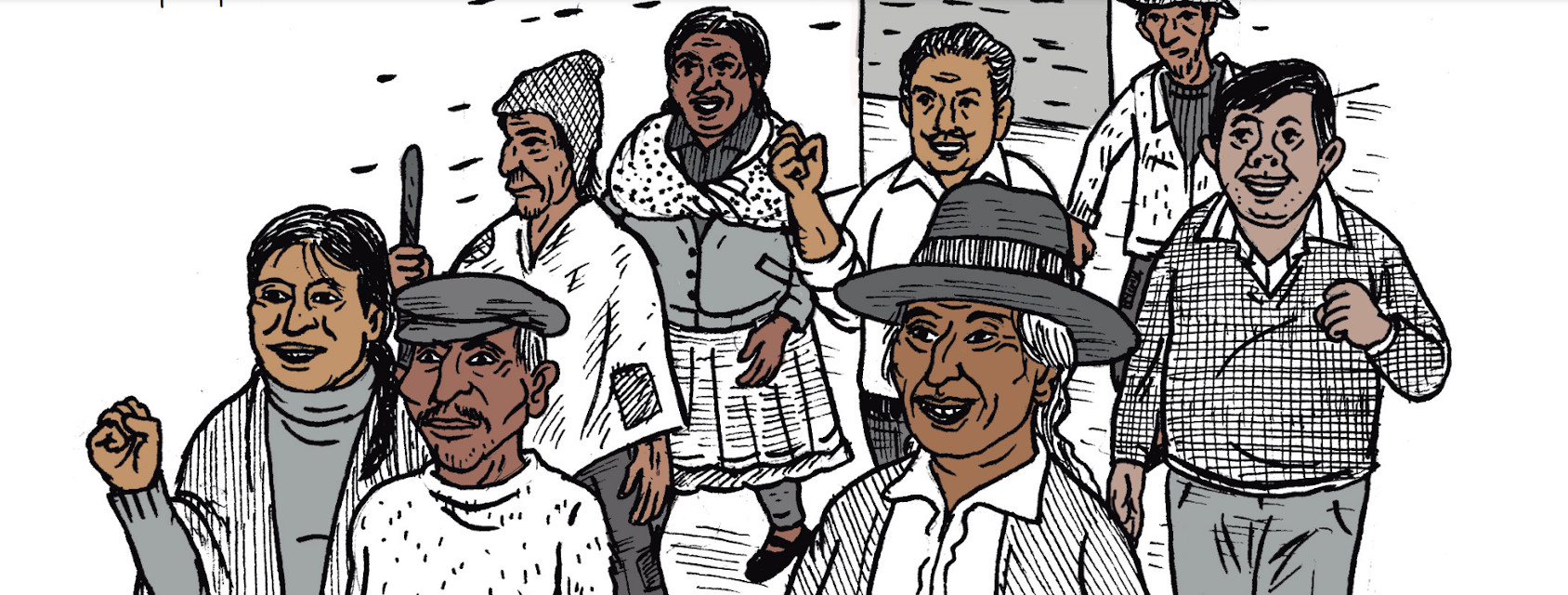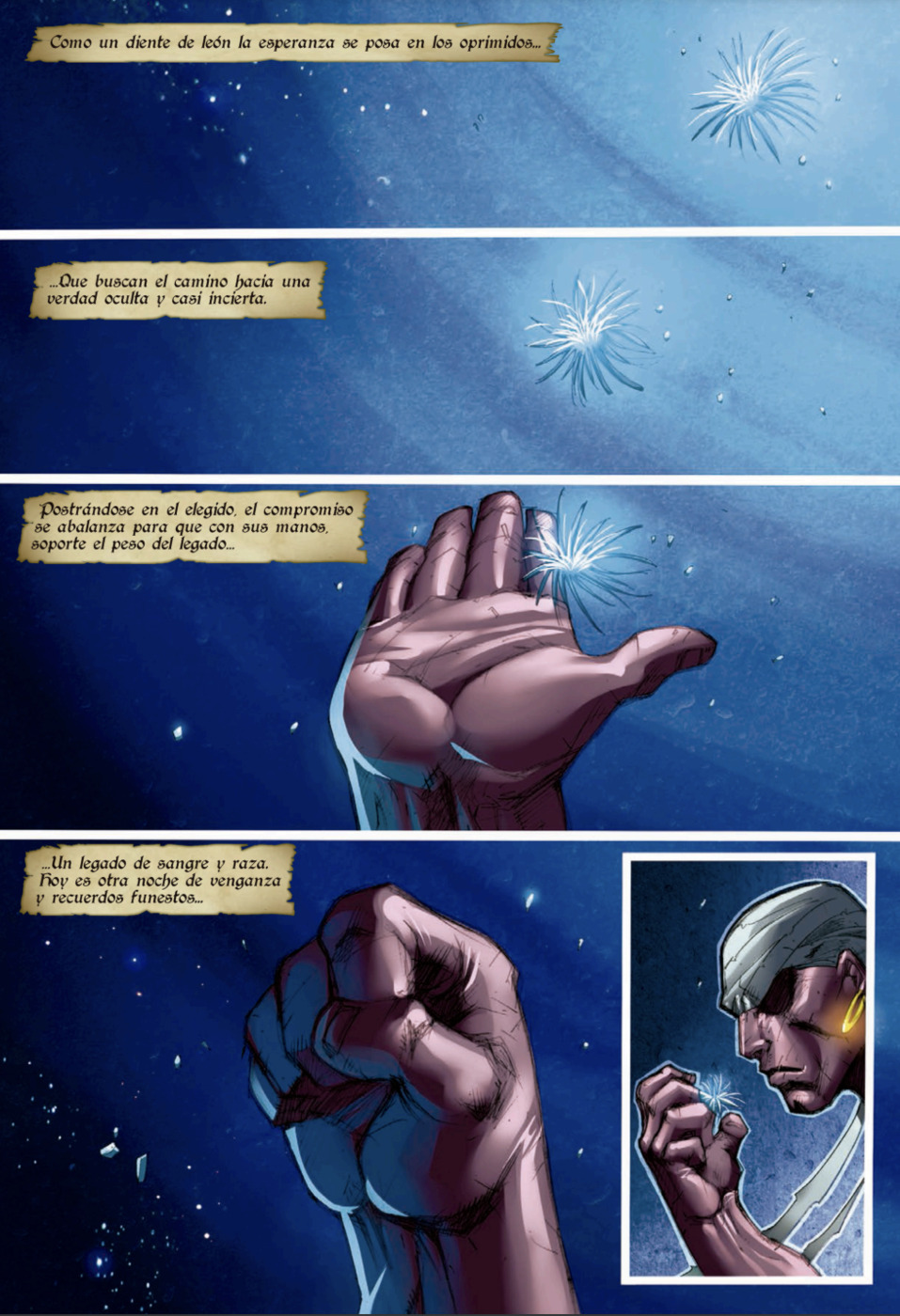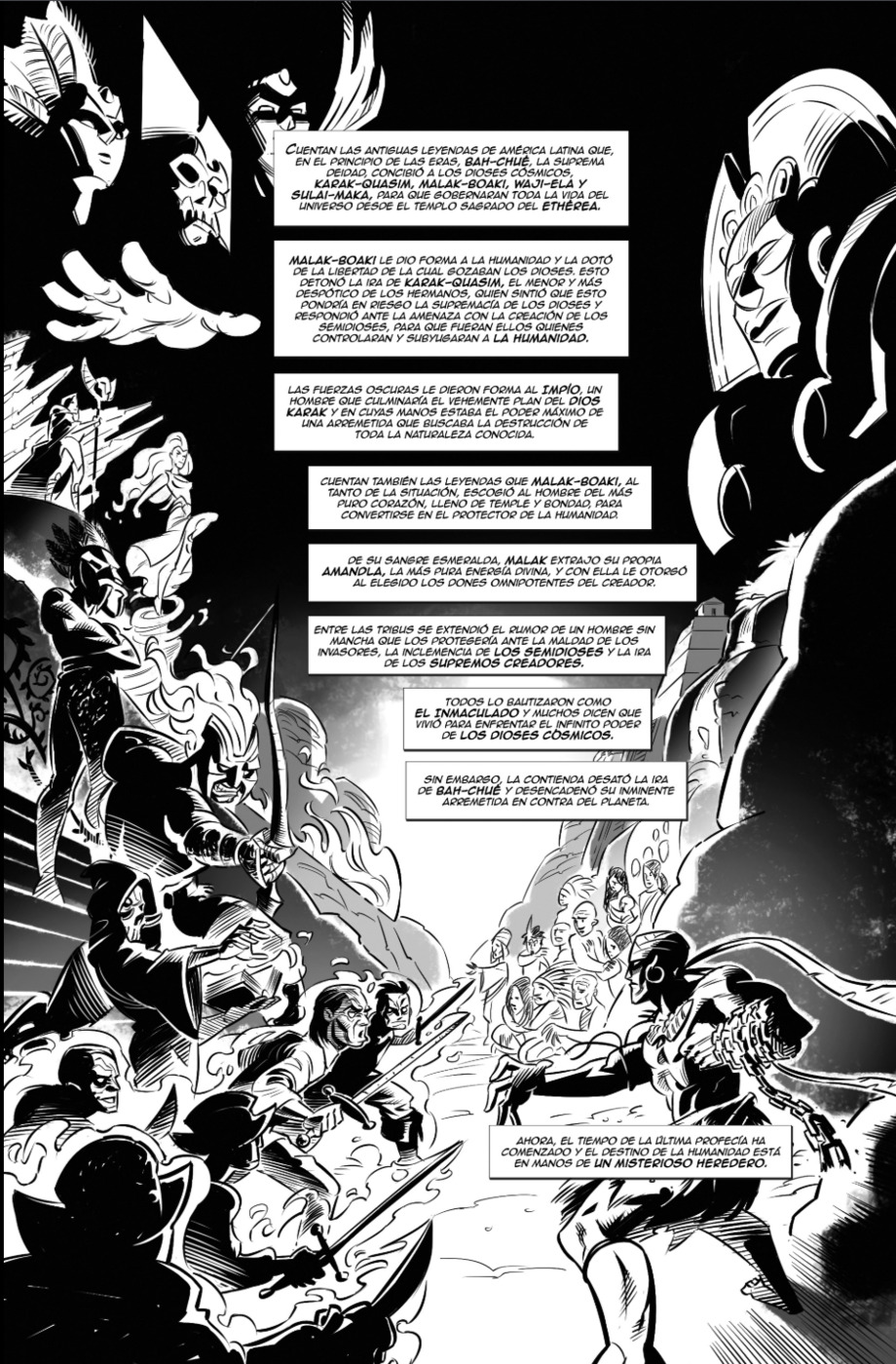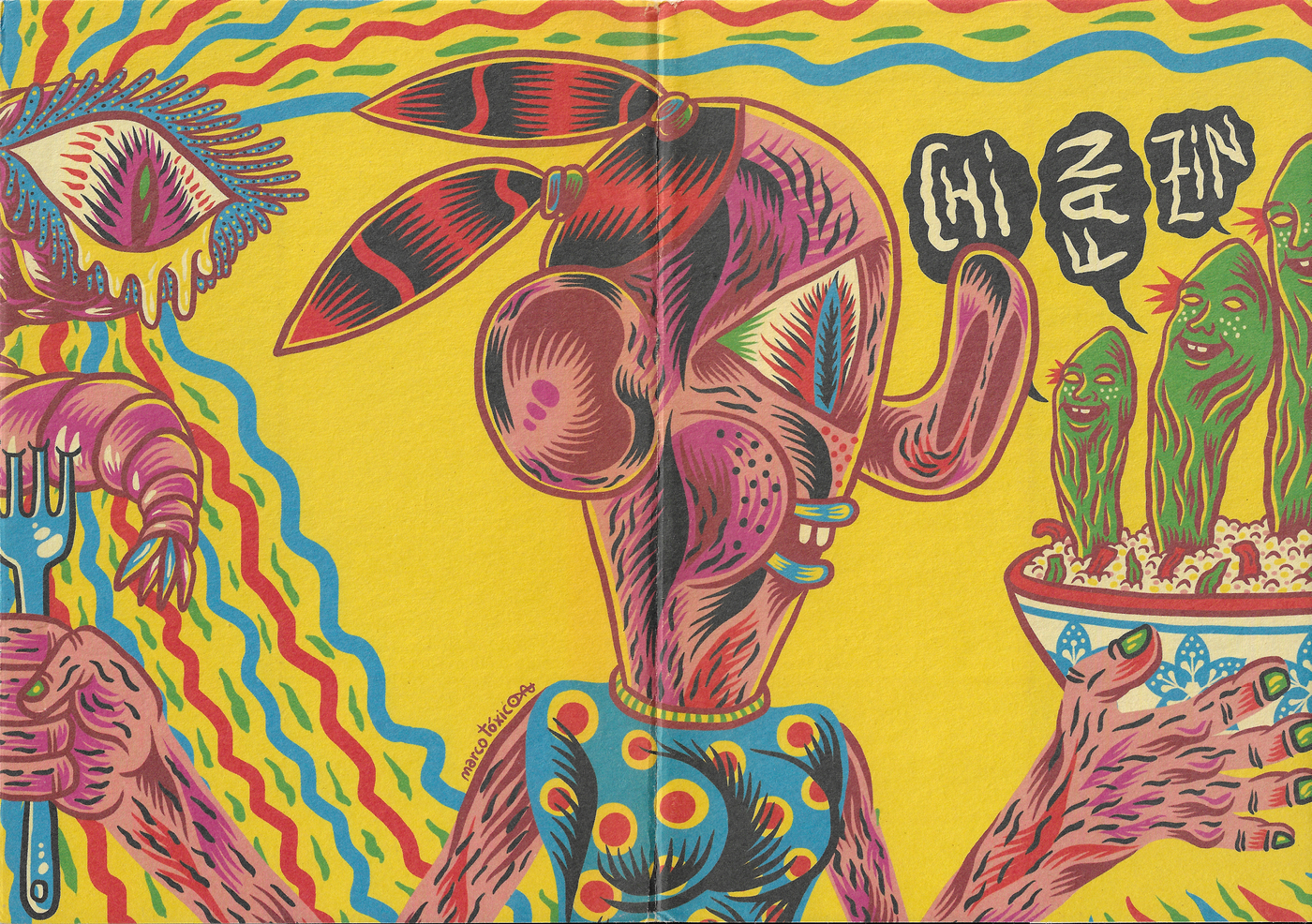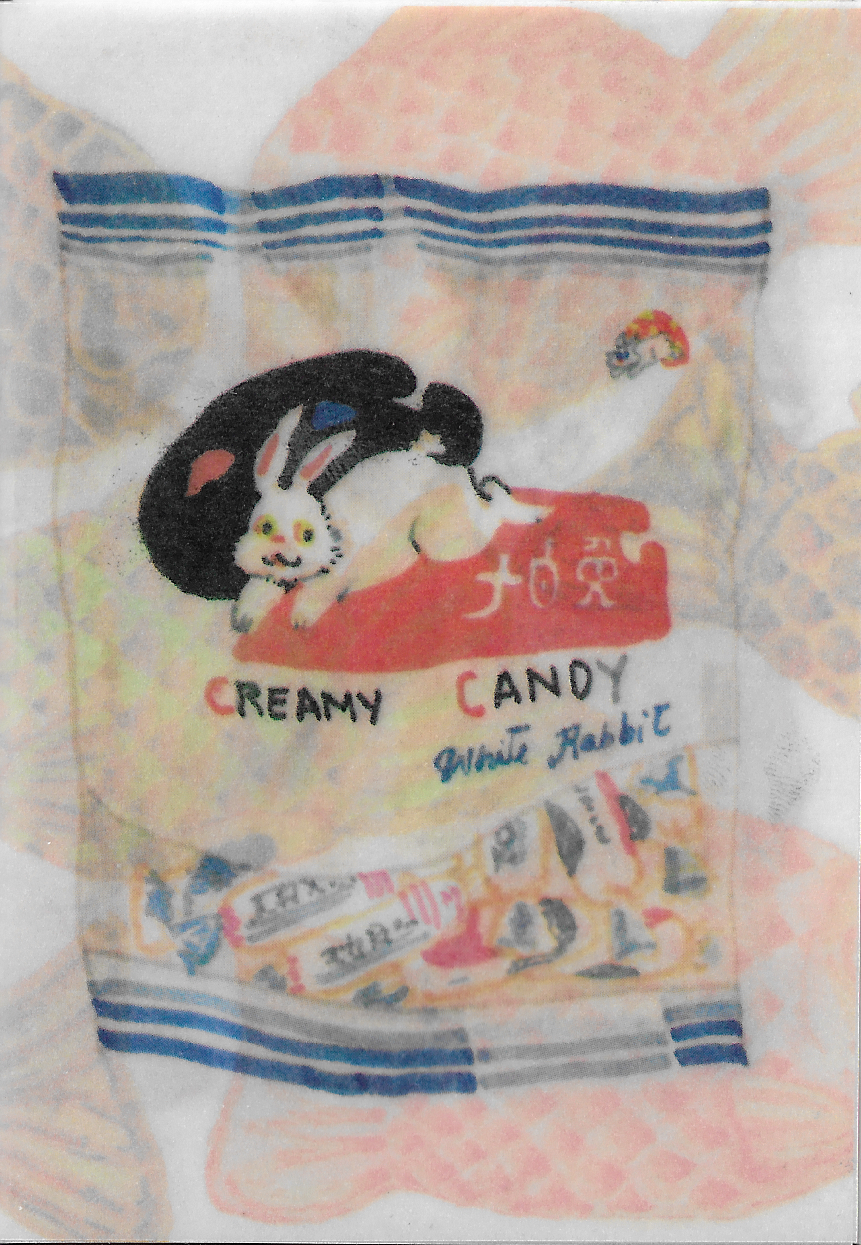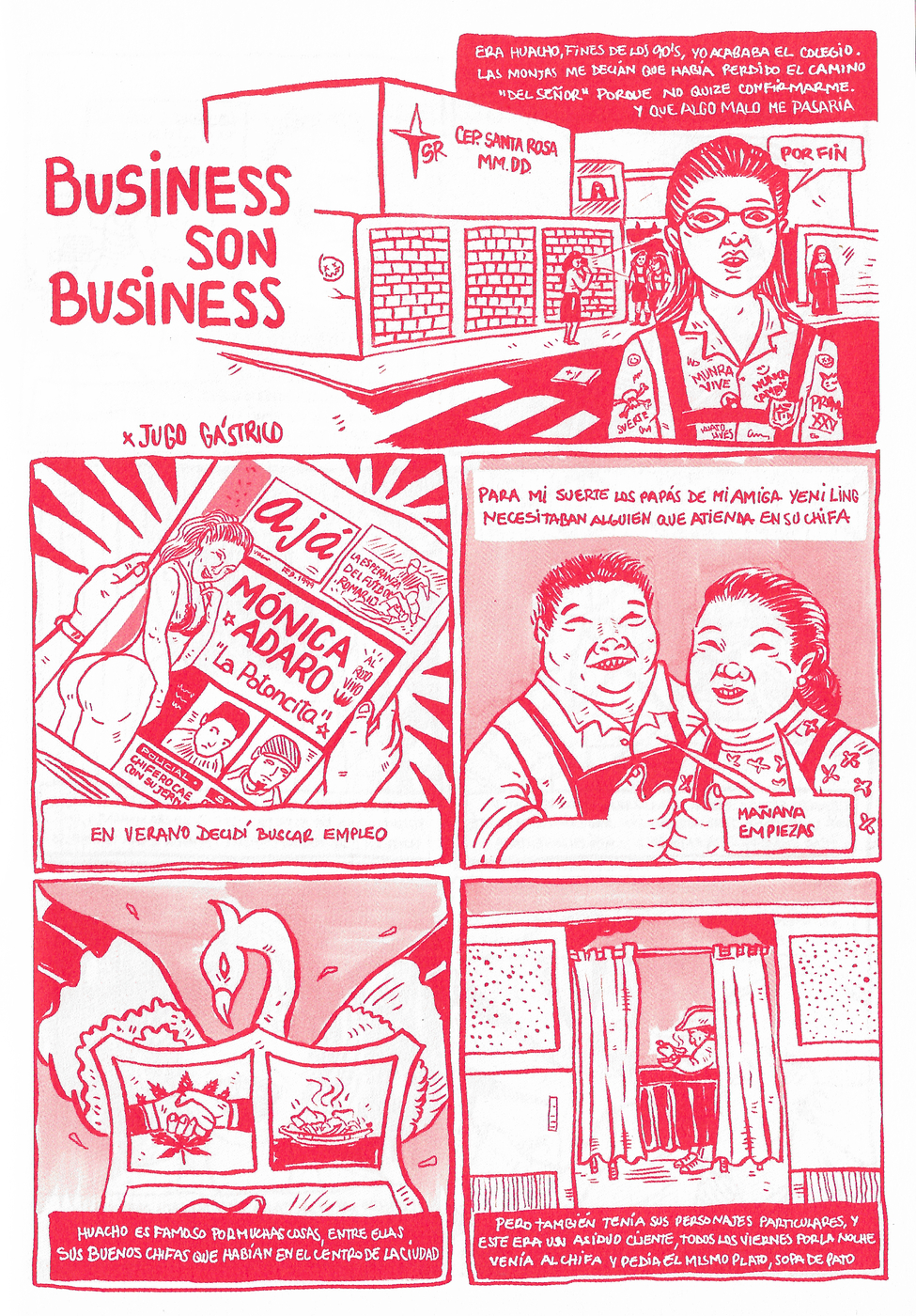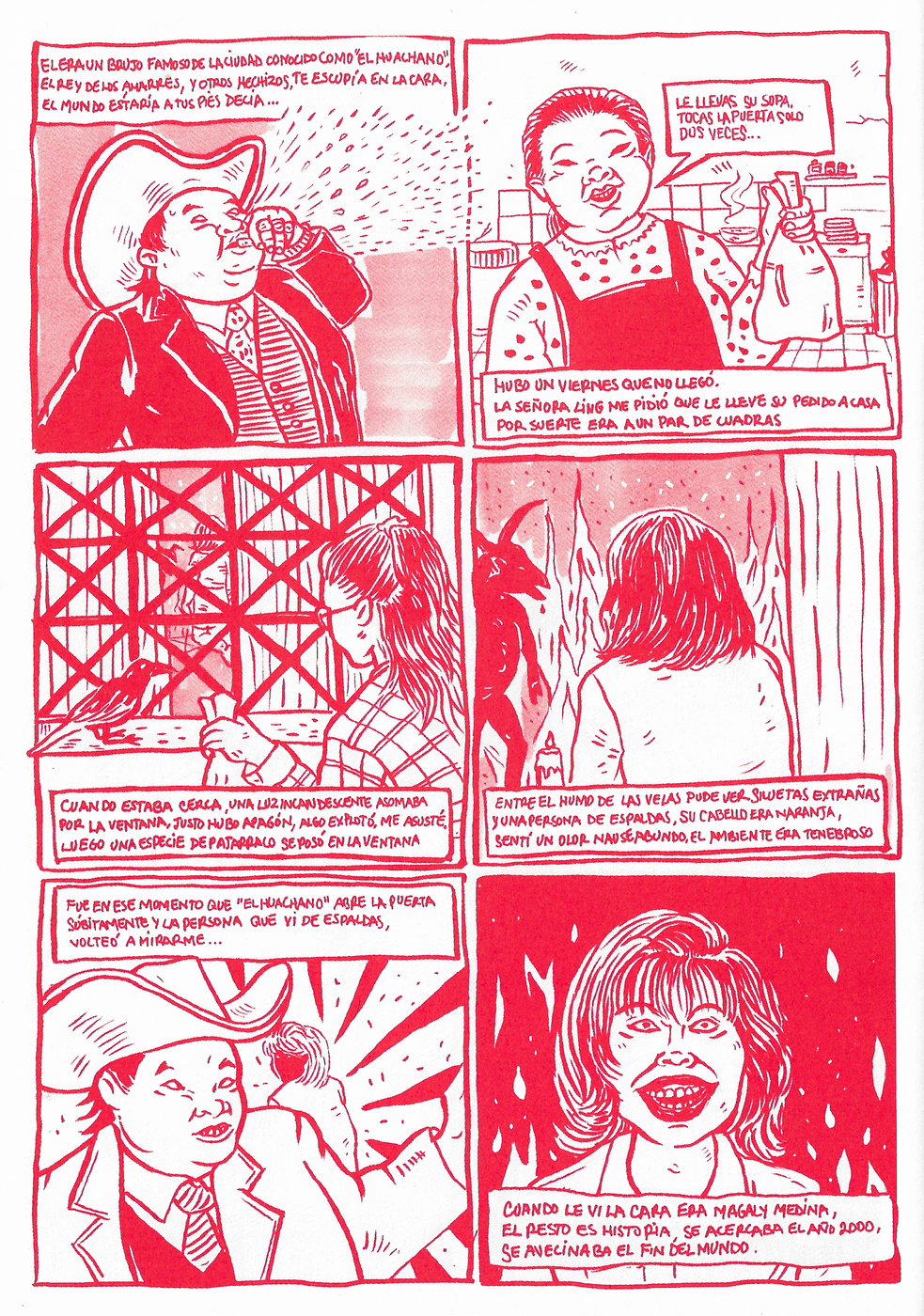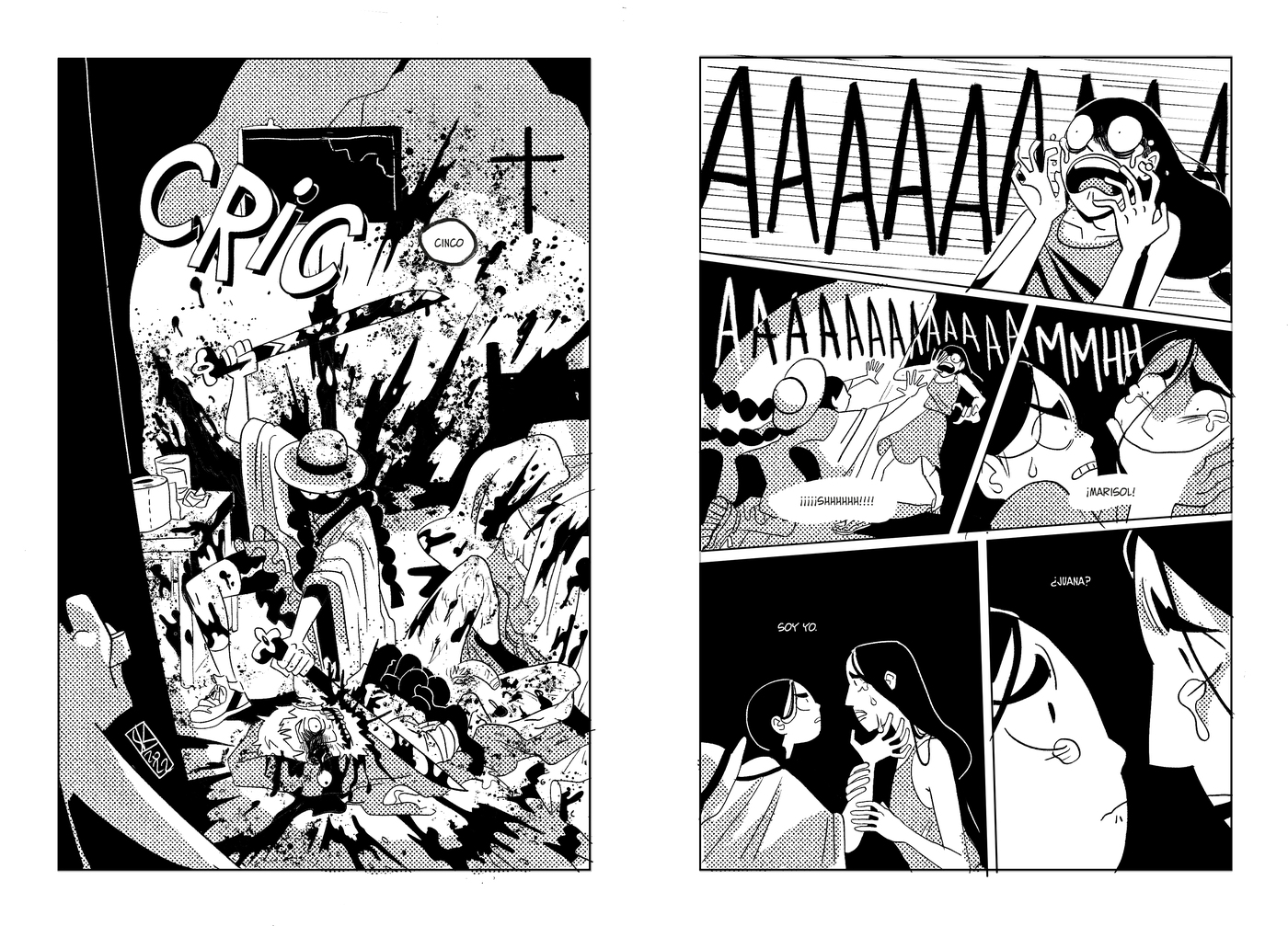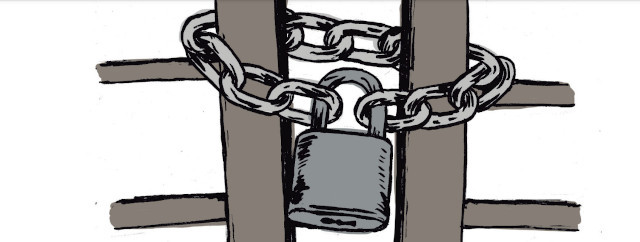Social injustices related to race in Latin America are complicated by long-standing notions of racial mixture (mestizaje). Other forms of diversity, whether less well-acknowledged forms of migration and intercultural identities, or the intersectionalities between race and other forms of social inclusion, including gender, also shape modes of resistance to dominant structures.
Zambo Dendé is a comic within a multimedia multiverse, developed in 2011 in Bogotá by 7GLab Entertainment Inc. Described as a “Latino”, Dendé is depicted as a light-skinned Latin American equality-fighting hero, son of enslaved African and Indigenous parents. Dendé’s racialised identity is connected to the ideology of mestizaje-racial and cultural mixture as nation-building myths. Under a discourse of purported national homogenization and equality, mestizaje hides a hierarchy of social inclusion and exclusion based on mestizo whiteness-privileging racial mixture imaginaries (Wade 2010; 2017). Mestizaje is a social system that privileges light-skinned mestizo populations and, in the narrative of mestizaje, Latin Americans are constitutively mestizo, the result of the cultural and ‘racial mixture’** of Indigenous and European populations.
With the multicultural turn in the late 1990s in Latin America, Afro descendant populations were incorporated into the narrative of mestizaje. The racial figure of the zambo was created as a colonial racialised category considered rebellious and of lesser value, referring to people of mixed Indigenous and African descent. In the comic, Zambo is lionised as a hero yet depicted as light skinned. He is proud of his Indigenous and Black ancestry, yet he himself is not either. He embodies a subaltern hero represented through the point of view of what I denominate “the mestizo gaze”: “a way of seeing that actualises the projects of mestizo politics and the narrative of mestizaje through the production of social, visual, and aural representations”.
** The use of quotation marks around the term “racial mixture” denotes that it is not a biological essence or taxonomic concept, but the product of a set of interrelated ideologies with varying meanings and effects.
Abeyamí Ortega
The title of this publication by Ediciones Deformes fuses the word "chifa" (itself, as the inner flap explains, a melding of the Cantonese words "chi" [eat] and "fan" [rice]), a word used in Peru to refer to East Asian restaurants and food, and ‘fanzine’. Riffing on this melting pot, Chifanzín is itself an amalgamation of various artworks, including cover art, photographic montage, single-page artwork, a mini-insert of Asian restaurants and foodstuffs (drawn by Cristina Zavala), and comics. This hybrid strategy reflects the transcultural exchanges produced by Asian immigration to Peru, referenced in the photographic collage that is the zine’s first page . That the cover was drawn by Bolivian comics artist Marco Tóxico only exacerbates such transnationalisms. In "Business is Business", Jugo Gástrico uses the hybridities of comics and the chifa restaurant, to create a humorous riff on Peruvian pop culture celebrities, including Magaly Medina, a TV presenter attributed with coining the word "Chollywood", itself a fusion of "cholo", a loaded reference to racialised heritage, and "Hollywood".
James Scorer
Embracing the disruptive energies of the Pachamama carnival, and drawing on Andean ‘cosmovisions’ and syncretic traditions, Sukermercado’s Santa sombra, a longer version of the zine, La sombra del altiplano (2018), is a revenge narrative set in the Argentine Northwest. Setting out to rescue her sister, incarcerated in a brothel, the protagonist Juana draws on her ancestors’ spirits to take up two powerful blades. Wielding swirling weapons that produce a plethora of blood spatters, amputated limbs, and spilt guts, the Indigenous vigilante takes revenge on the men who sexually exploit local Indigenous women. This work highlights the intersectional nature of contemporary feminist activism in Latin America, where gender struggles are often positioned alongside anti-colonial, anti-racist discourses, described by Verónica Gago (2020) as a network of situated and transversal feminisms. The furious blade of the Indigenous protagonist, manifest on this spread by the diagonal gutters that divide the panels, is also present in the comic’s wider visuals. Drawing on elements of Manga, and combining drawings and ink splatters with outline photographs of landscapes and buildings, Santa sombra’s violent collage resists diverse forms of patriarchal exploitation.
James Scorer

